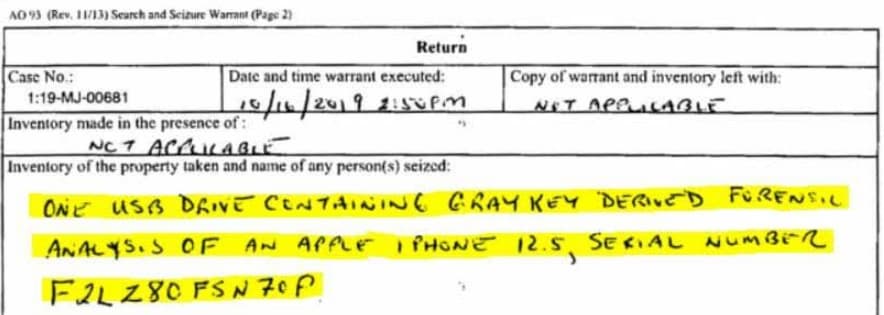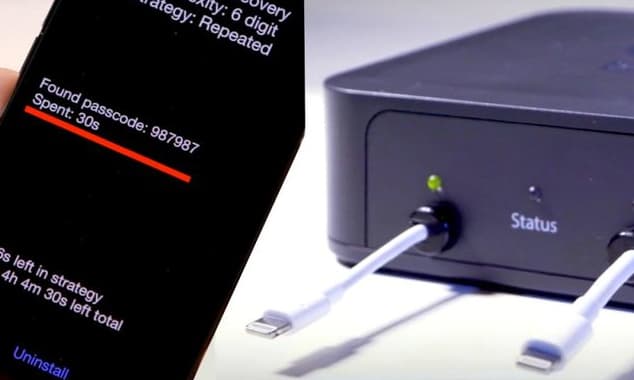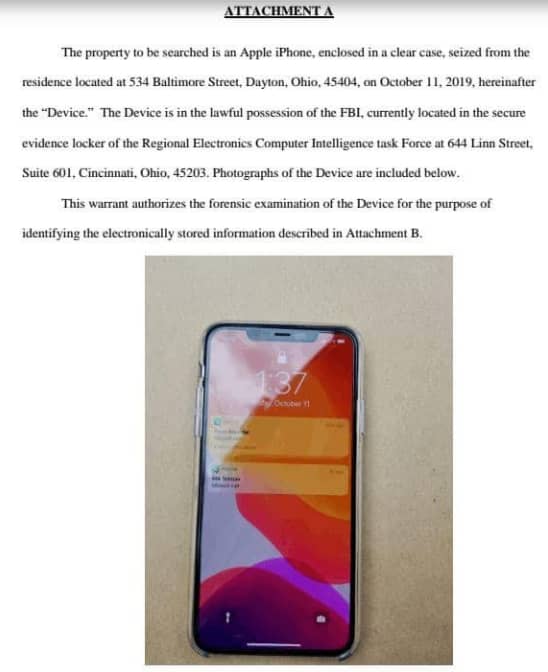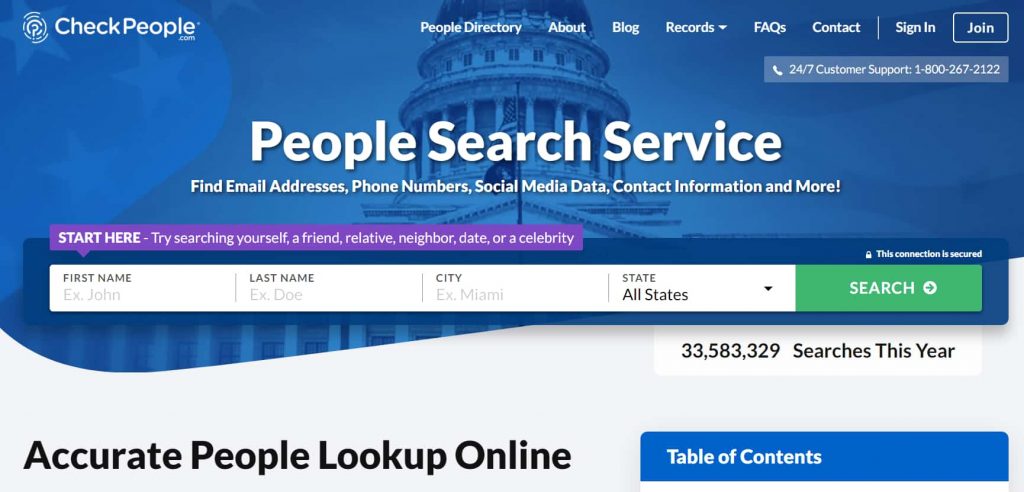Back in the day, a phone number was simply a piece of contact information, a way for your friends and family to call you. Nowadays, companies use phone numbers to identify you or prove who you are by texting security codes or calling for verification.
Think about the many ways you use your phone number. You include it when you sign up on websites or log into an app. You give it to your favorite store as part of their loyalty program and share it to receive text alerts from your bank. You use it when you need to reset a password or login to your accounts using two-factor authentication.
That also means that with your phone number and some other information, like your birthday or address, bad guys have a better chance of impersonating you and getting to your personal data and accounts.
Here are a few ways to secure your phone number to protect your identity from the bad guys.
- Don’t overshare your mobile phone number. Don’t share your phone number online (social media, comments sections , untrusted apps, etc.) or provide it to strangers.
- Think about where your number is used. Keep a running list of the companies and accounts that use your phone number to prove who you are.
- Consider using a landline number. For situations where a phone number is an identifier for discounts and loyalty rewards, like grocery stores, consider using a landline or other non-mobile number.
- Unsubscribe from text alerts. Text messages from companies, like your airline or bank, can be convenient. But sometimes there are other ways they can contact you. Some companies have apps so you can receive updates without including your phone number.
- Set up an extra layer of protection for your wireless account. For example, AT&T customers can add a passcode to their account.
- Secure your mobile device. Lock your phone when it’s not in use and avoid bad apps.
Aside from the risk for identity theft, giving out your phone number can lead to spam calls, phone scams or unsafe text messages that have links to malware.
Bottom line: it’s important to secure both your personal information and your mobile number. The next time an app, a company or a stranger asks for your mobile number, take a moment to decide whether you really need to give it out.
What's the way forward with ever changingtechnology?
With technology advancing as quickly as it is, it seems like it’s always time for a new smartphone, tablet or other gadget. When you get it, you probably can’t wait to turn it on and see what it can do. But as you set up your new device, that’s the perfect time to set up your safety features to better protect yourself from the bad guys.
Here are a few tips to get started.
Set Up Strong Personal Security
Depending on the kind of device, there are multiple ways to lock and unlock it, including passcode, fingerprint, pattern-based lock or facial recognition. Use a long passcode number or a passphrase to strengthen the security. Short codes are easier to break. The pattern-based lock is less secure because scammers can trace the trail your fingers leave on the screen.
Adjust the time it takes before your phone to automatically lock. The shorter, the better – this helps prevent a bad guy from picking up an unattended phone and getting past your lock screen.
Most phones come with the option for encryption. Enable this feature. The device will then translate your data and information into a secret code that is hard for fraudsters to see.
Keep Your Phone Updated
Many people think the newest smartphones always include the latest operating systems. However, some phone-makers roll out updates within weeks after launching a new device. It’s important to update your operating system and apps regularly to make sure you have the latest security features.
Download Trusted Apps
Bad guys often create apps that promise one thing, but also steal passwords, get your personal information and potentially take over your phone. Make sure you only install trustworthy apps, and download a security protection apps.
Make sure your old device is ready to say “goodbye.”
When you turn in your old device, make sure you don’t trade in all your personal information, too.
Also, remember to back-up your data often. If you ever lose your phone or its contents, you’ll still have another place where your photos, files and contacts are stored.
































